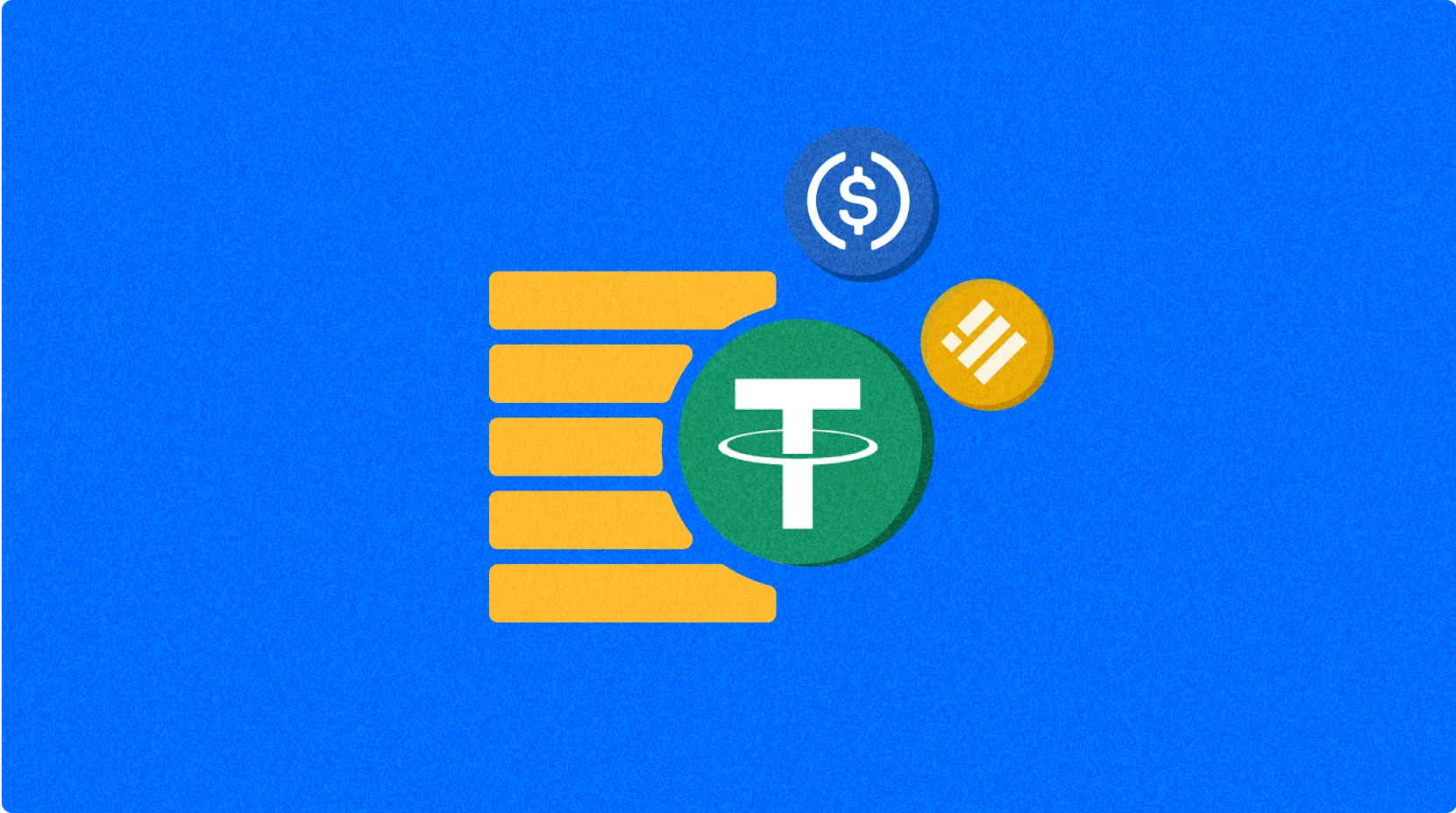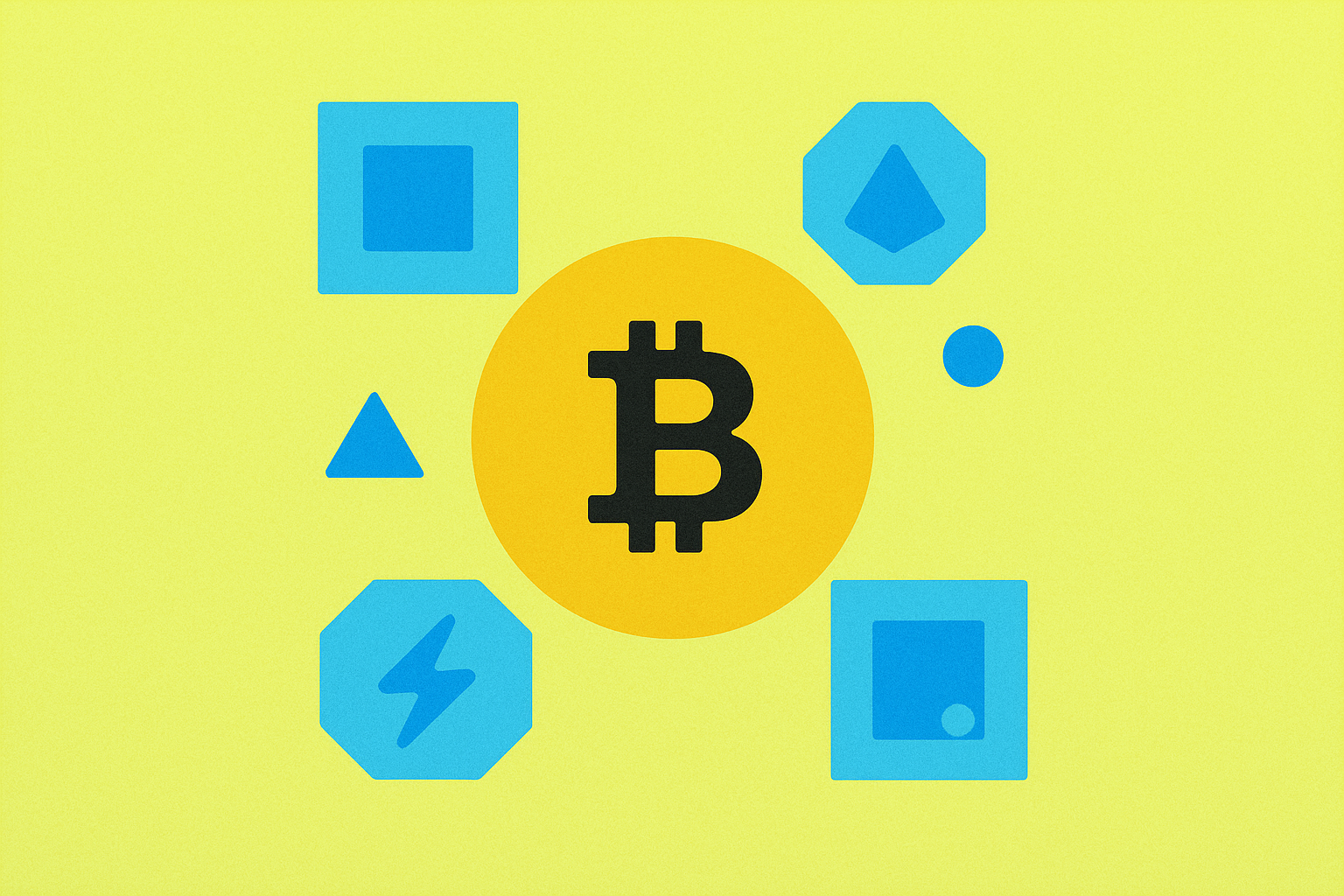ETH: Ethereum'in Temel Varlığı ve Yatırım Fırsatları

ETH'nin Tanımı ve İşlevi
ETH, Ethereum blok zincirinin yerel kripto para birimidir ve esas olarak işlem ücretlerini ödemek ve ağ doğrulayıcılarını ödüllendirmek için kullanılır. Ethereum ağının temel varlığıdır ve akıllı sözleşmelerin ve merkeziyetsiz uygulamaların çalışmasını destekler. İster normal işlemler, ister DeFi kredi verme veya NFT alımları olsun, ETH değerli bir aracıdır.
Ethereum ekosistemindeki her yenilik ve genişleme, işlem hızını artırabilen ve maliyetleri azaltabilen Layer 2 ölçekleme çözümleri gibi ETH'nin katılımına bağlıdır; bunların hepsi doğrudan ETH'nin kullanımı ve dolaşımına bağlıdır.
ETH'nin piyasa performansı ve yatırım beklentileri
ETH fiyatı son birkaç yıl içinde önemli dalgalanmalar yaşadı ancak genel olarak yukarı yönlü bir eğilim göstererek birçok kurumsal yatırımcının dikkatini çekti. Artan sayıda finans kurumu ve yatırım firması, ETH'yi portföylerine dahil etmeye başlayarak onun uzun vadeli gelişim potansiyeline olan güveni göstermektedir.
Aynı zamanda, Ethereum Layer 2 teknolojisinin, merkeziyetsiz finans (DeFi) platformlarının ve NFT pazarlarının hızlı gelişimi, ETH için gelecekteki yatırımlar için bolca alan sağlamıştır. Ağ yükseltmeleri ve ekosistem genişlemesi ile ETH'nin piyasa konumunu güçlendirmeye ve büyüme potansiyelini korumaya devam etmesi beklenmektedir.
ETH'nin uygulama senaryoları
- Merkeziyetsiz Finans (DeFi): ETH, borç verme, ticaret ve getiri tarımı gibi faaliyetler için kullanılan DeFi protokollerinin temel varlığıdır.
- NFT Pazarı: ETH, benzersiz tokenların (NFT'ler) satın alınması ve ticareti için birincil para birimidir.
- Akıllı Sözleşme İcrası: Geliştiriciler, akıllı sözleşmenin beklenildiği gibi yürütülmesini sağlamak için ETH ile gaz ücretleri öderler.
- Ödeme ve işlem aracı: ETH, küresel kripto ticaretinde yaygın olarak kullanılmaktadır ve eşler arası işlemleri ile sınır ötesi ödemeleri desteklemektedir.
ETH'nin geleceğine dair görünüm
Fusaka gibi ağ güncellemelerinin ilerlemesiyle, Ethereum'un işlem hızı, ölçeklenebilirliği ve kullanıcı deneyimi geliştirilecektir. Bu, sadece kullanım maliyetlerini azaltmakla kalmayacak, aynı zamanda daha fazla kullanıcı ve geliştiricinin Ethereum ekosistemine katılmasını da sağlayacaktır.
ETH'nin uygulama senaryoları sürekli olarak genişliyor; akıllı sözleşmelerden DeFi'ye, NFT'lere ve metaverse platformlarına kadar, gelecekte muazzam büyüme potansiyeline sahip. Yeni başlayanlar ve yatırımcılar için ETH, Ethereum'un temel varlığı olarak, blockchain ekosistemini anlamak ve dijital para piyasasına katılmak için önemli bir başlangıç noktasıdır.

2025'te Ethereum Nasıl Maden Yapılır: Başlangıç İçin Tam Bir Kılavuz

2025 yılında Ethereum 2.0: Staking, Ölçeklenebilirlik ve Çevresel Etki

Ethereum Nedir: Kripto Meraklıları ve Yatırımcılar İçin 2025 Rehberi

Ethereum'ın blockchain teknolojisi nasıl çalışır?

Akıllı sözleşmeler nedir ve Ethereum'da nasıl çalışır?

Ethereum Fiyat Analizi: 2025 Piyasa Trendleri ve Web3 Etkisi

2024'te İzlenmesi Gereken Başlıca Merkeziyetsiz Finans Platformları

Dijital Varlık Alım Satımı İçin En İyi Platformlar - Kapsamlı Rehber

Yönlendirilmiş Asiklik Grafikler (DAG) Hakkında Her Şey: Kapsamlı Bir Kılavuz

Özel Anahtarları Anlamak: Kriptonuzu Güvende Tutmak İçin Temel İpuçları

Yeni Başlayanlara Yönelik En İyi DeFi Girişimleri





